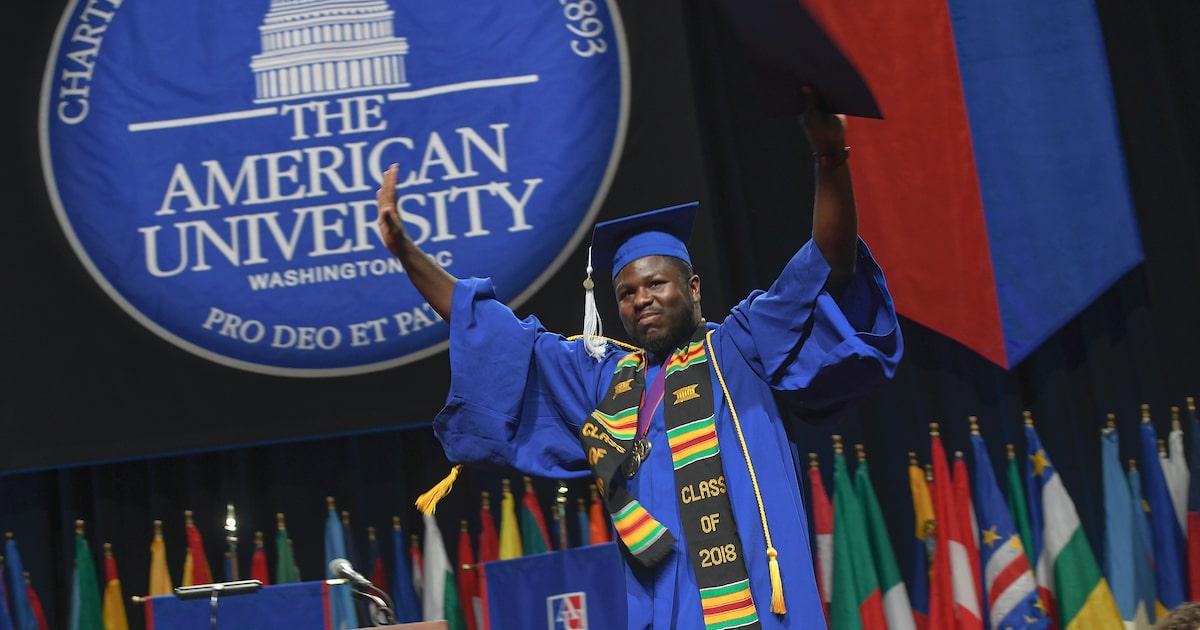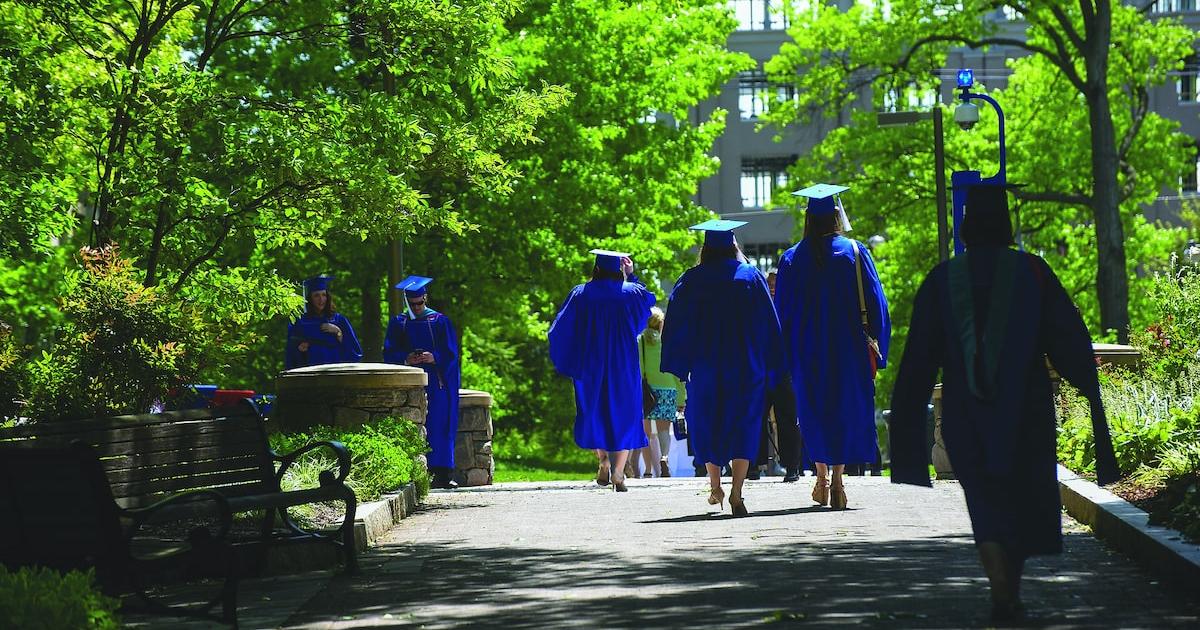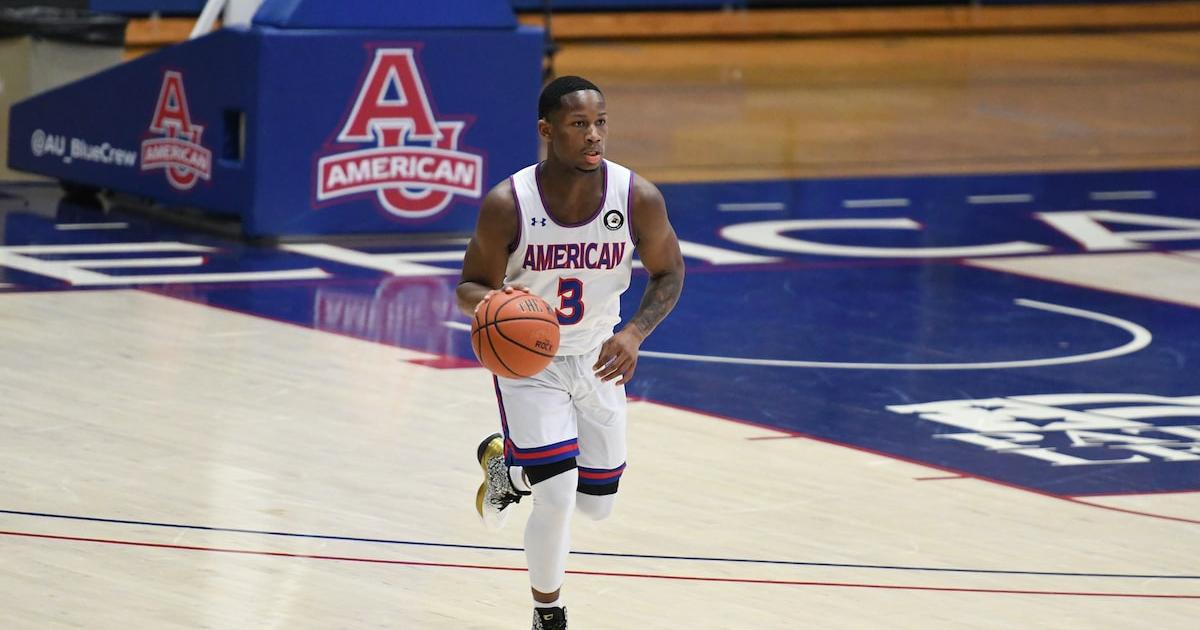
Will Cooper, Jr., SIS/BA, ’85, has long been a doer. When he transferred to American University as an undergraduate student, he found a culture of like-minded peers.
“[AU students] that go to Washington, DC, really go there to make a difference, whatever their passions are,” says Cooper.
The West Coast native had originally begun his studies at the University of Southern California (USC) in 1982 but discovered it all felt a little too familiar.
“I started my college at USC and realized that I was basically amongst most of my high school peers—like it was just kind of an extension of high school,” Cooper explains. “I just wanted to break away from the region.”
On transferring to AU, he continues: “I actually got into AU as a junior and I just decided I wanted to go to Washington because I wanted to get involved with politics and international relations and ultimately work in the field, so I felt that AU was the best opportunity to do that.”
A New Chapter at AU
Coming to AU was a smooth transition. By Cooper’s second semester, he had already begun interning on Capitol Hill for Massachusetts senator Ted Kennedy with a focus on national security policy—an experience Cooper describes as a “huge eye-opener” on the daily dynamics of Congressional staffing.
In the classroom, Cooper found new academic growth through the School of International Service’s (SIS) diverse curriculum, even studying under a former CIA agent-turned-professor at one point. His most rigorous classes are the ones he remembers—and appreciates—best of all.
“Once I got in there [at SIS], I realized that there's a certain level of discipline you learn about how to think critically, how to present your thoughts, particularly through writing,” says Cooper. “I wrote a lot of papers while I was there. I still have a lot of them.”
If there was one adjustment for Cooper in his AU journey, it was the weather. DC’s hot and humid summers proved a stark contrast to the California conditions he was used to. Even still, Cooper took it in stride.
“During the almost four years I worked in DC after I graduated, I [deliberately] never lived in a place with air conditioning,” recalls Cooper, laughing. “My rationale back then—which wouldn't fly today—was, if I ever get air conditioning, I'll never go outside.”
Being at AU set Cooper on a professional journey into politics. He graduated from SIS in 1985 with his BA in international studies and began working in government affairs for Honda North America against the backdrop of the Clean Air Act. Although it was a complicated time for Cooper to navigate his place in the automotive industry, looking back, he feels it was exactly the kind of diplomatic, consensus-building training that drew him to AU and DC in the first place.
When he moved back to California in 1988 to join the team of WNC, his family’s affordable housing investment firm, Cooper was returning as an AU Eagle ready to leverage his education and skills in action.
Giving Back to Move Others Forward
Cooper’s own AU story, paired with his career in the affordable housing industry, informs his view on philanthropy.
Giving back is a motto he believes should be lived out. He knows firsthand the importance of uplifting individuals through opportunity—something he cites as why he and his wife Jennifer Cooper decided to establish the Cooper Endowed Scholarship Fund and why now.
“We're at a point where we have the opportunity to give back,” says Cooper. “I've always really appreciated education, and combining education with philanthropy made a lot of sense to me.”
Cooper sees the scholarship for SIS students as a way to remove barriers and ensure more people have the chance to become globally minded achievers.
“SIS offers incredible opportunities for people, and I feel like it’s important for those who don’t have the financial means to not be excluded from accessing those resources,” he explains. “[The scholarship] isn’t going to change the world, but maybe it will encourage folks—young adults—to attend AU who ultimately will change the world.”
Effecting change is central to Cooper’s personal mission. He points to the evolution he’s seen in his own business and the affordable housing industry overall, emphasizing the increased focus on community-informed initiatives and sustainable impact. And he commends AU for embracing changemaking at the institutional level.
Whenever Cooper comes back to DC a few times throughout the year for housing advocacy, he often slips a visit to AU on his running route. The energy of AU, in his mind, marks a place where people come to make a difference. It’s clear that the SIS alum winding through campus on his next run is still doing just that.




